Researchers Find Evolutionary Explanation for Why You Can't Fall Asleep While Everyone Else is Snoozing
…and it's got nothing to do with light bulbs, Netflix or iPads
Is there anything worse than being wide awake when everyone else is asleep, and you know you have to be at work the next day? When no matter how hard you try, you just can't fall asleep?
The conventional wisdom is that artificial light, and now our tablets and devices, are supposedly screwing up our sleep patterns. But is that really true?
First off, let's consider how short the history of artificial light is. Homo sapiens have been around for roughly 200,000 years, and we only started using artificial light around 100 years ago. Statistically speaking, we've had this disruptive nighttime light for just the last 0.05% of human history.
 Enter a caption (optional)
Enter a caption (optional)To put that into scale in terms of a calendar year: If human beings first evolved at 12:01am on January 1st, we didn't start using artificial light until about 8:30pm on December 31st. Is it possible, in such a short amount of time, to evolve a new sleeping pattern? New research suggests not.
While detailed sleep records of pre-industrial humans aren't available, researchers from the University of Toronto Mississauga's Anthropology Department found the perfect test subjects: The Hadza tribe, which lives in a remote part of Tanzania. They live a hunter-gatherer lifestyle and absent light pollution, they are living the same way humans lived millennia ago.
The researchers tracked the sleep patterns of 33 adult tribe members by asking them to wear wrist-mounted activity monitors, and "found something quite surprising," David Samson, an Assistant Professor of Anthropology at UTM, told Reuters. "In fact we found that their sleep was incredibly asynchronous. So by this I mean that it was very very rare that any of the individuals were asleep all at the same time."
 (photo courtesy of David Samson)
(photo courtesy of David Samson) Out of 13,000 logged minutes, the researchers found there was only 18 minutes where every single person in the group was asleep at the same time.
"In addition," a University of Toronto article says, "they found that 40 per cent of the group was awake at any given time."
Some stayed awake while others slept, and it wasn't because they were binging on Netflix or tapping out political Facebook arguments on their iPads. Instead, the researchers surmise that Sentinal Theory, which was previously thought to apply only to animals, is in play here.
Sentinel Theory was first put forth in 1966, and suggests that within a pack of animals, some will naturally stay awake on "guard duty," protecting the group from natural predators while others catch Z's.
 "Dude I slept like SHIT last night."
"Dude I slept like SHIT last night."The researchers also cite existing research stating that "people in North America adjust [to] sleeping in a new environment, such as a hotel room, by shifting to a greater reliance on sleep in one brain hemisphere and increasing the other hemisphere's sensitivity to deviant stimuli such as noise or light."
So if there's some nights when you can't sleep, look at the bright side: Nature's just ensuring that someone is around to watch out for lions or to dial 911 if you hear gunshots. You're being a good sentry while those around you rest up.
 Enter a caption (optional)
Enter a caption (optional)"When you're in REM, you're about as dead to the world as you'll ever be," [Samson told Reuters.] "So it gives you all these cognitive benefits, emotional regulation and memory consolidation, all these really incredible benefits. But you have to be sleeping securely to be able to go into this stage. So what we think is that having these sentinalised groups was one prerequisite, was one ingredient, that helped humans get better sleep quality throughout evolutionary time."
By showing that sleep variation developed evolutionarily, researchers hope to make clinicians pause before diagnosing patients with sleep disorders.
The study is available for viewing at Royal Society Publishing.
-
oFavorite This
-
Q1Comment
K
{Welcome
Create a Core77 Account
Already have an account? Sign In
By creating a Core77 account you confirm that you accept the Terms of Use
K
Reset Password
Please enter your email and we will send an email to reset your password.




Comments
That's really interesting! Could it be that I can't fall asleep, when my boyfriend travels and I am alone, because my mind thinks it has to be on guard?..